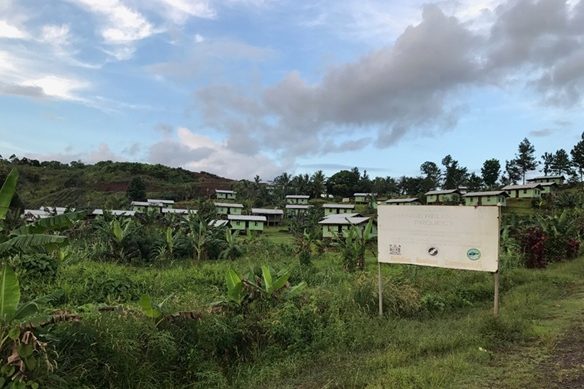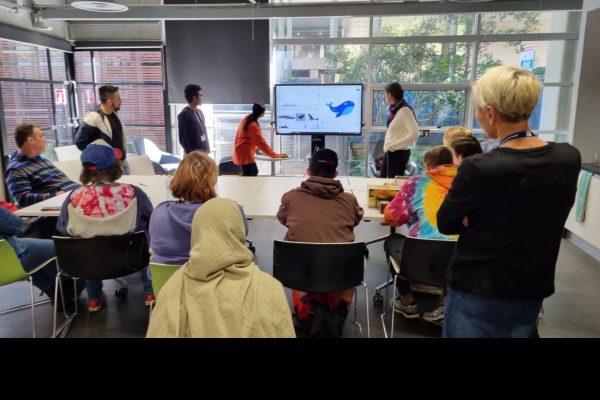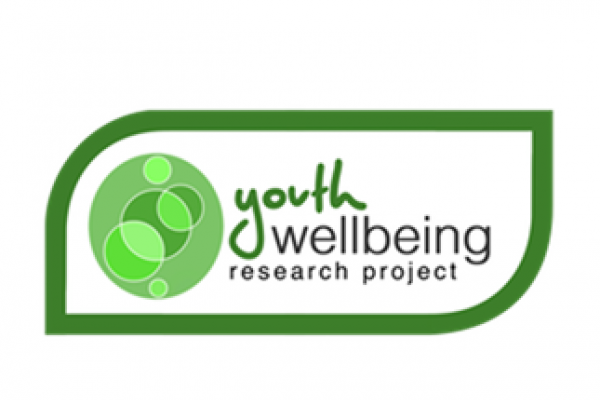Researchers in the Social and Environmental Justice theme investigate the ways in which communities and institutions can achieve social justice outcomes across interconnected socio-political and environmental domains. The work of this group interrogates how institutional and ideological structures, policy mechanisms, and community practices can either perpetuate or transform systemic inequities across both social and environmental systems. Through genuine engagement, we produce innovative research and policy recommendations that advance just outcomes at the intersection of society and environment.
Adopting research approaches including critical, poststructural, feminist and human rights-based approaches to policy and social relations, this group evidences how theory can be used to critique, enhance and transform policy and practice. The group has a strong track record in working in partnership with a range of diverse stakeholders and building interdisciplinary research teams to produce research that addresses structural, systemic, and interconnected challenges including wealth and income inequality, gender inequality, disability rights, and spatial inequalities that undermine social justice, human rights and equity and interface with environmental concerns including food systems, disaster response, and circular economy development. Our interdisciplinarity emphasises partnership-orientated research that marries theoretical insight with practical policy impact
The objectives of this group are to:
- Advance theoretical understanding of interconnected social-environmental justice systems through critical and feminist approaches.
- Develop evidence-based policy recommendations through collaborative research partnerships with diverse stakeholders.
- Strengthen methodological approaches for investigating complex justice challenges to inform theory and practice.
























